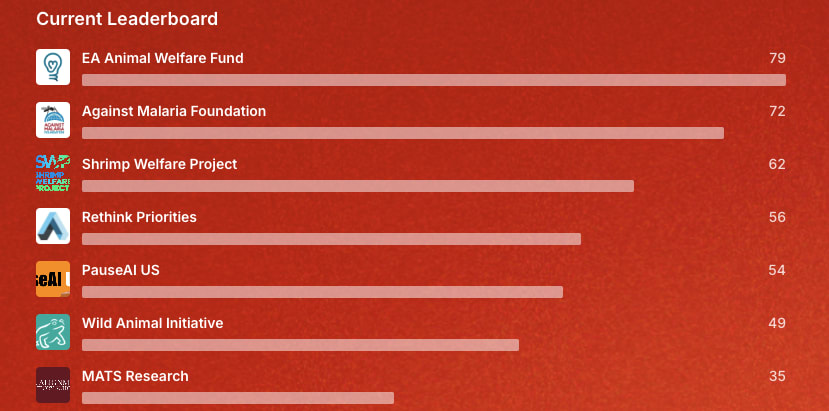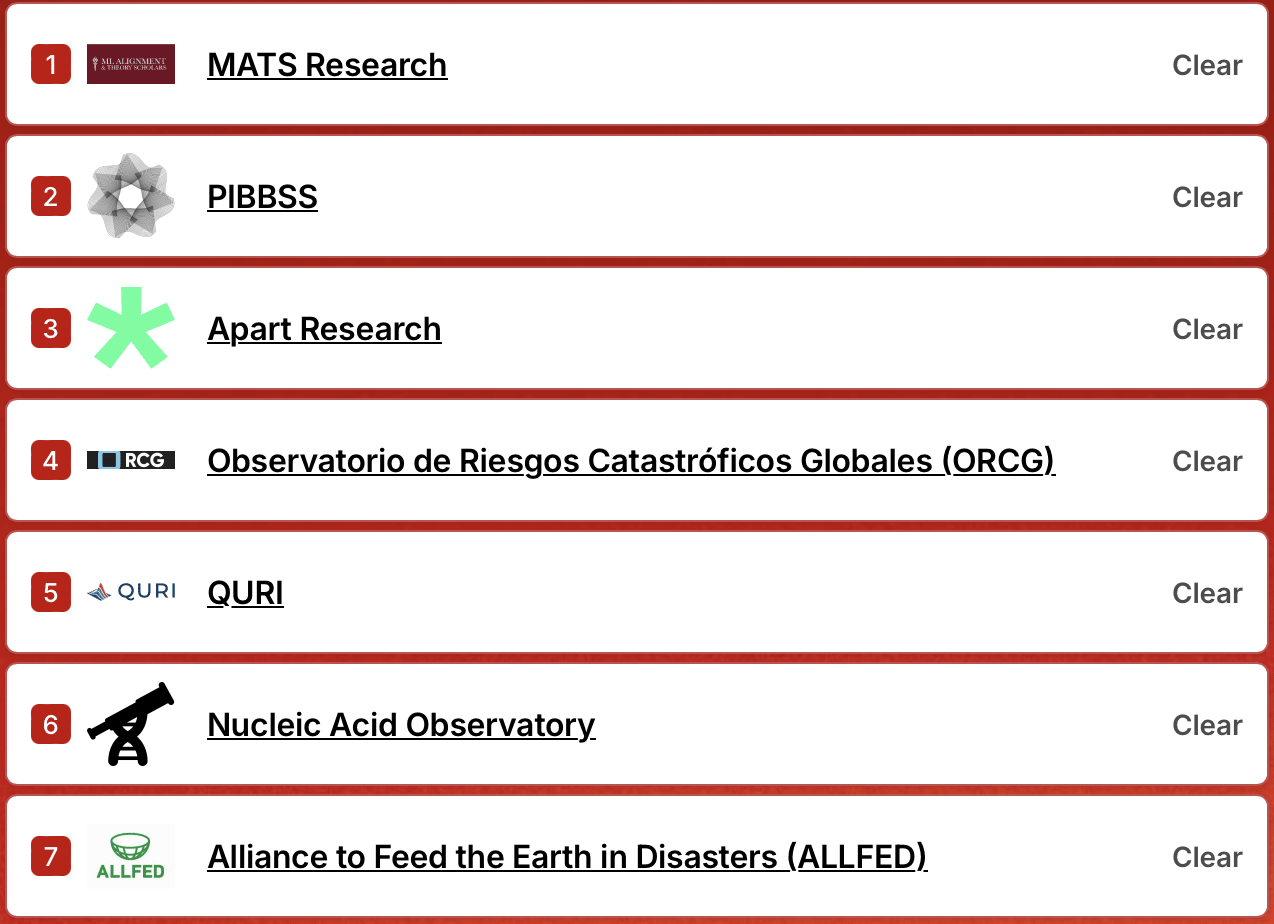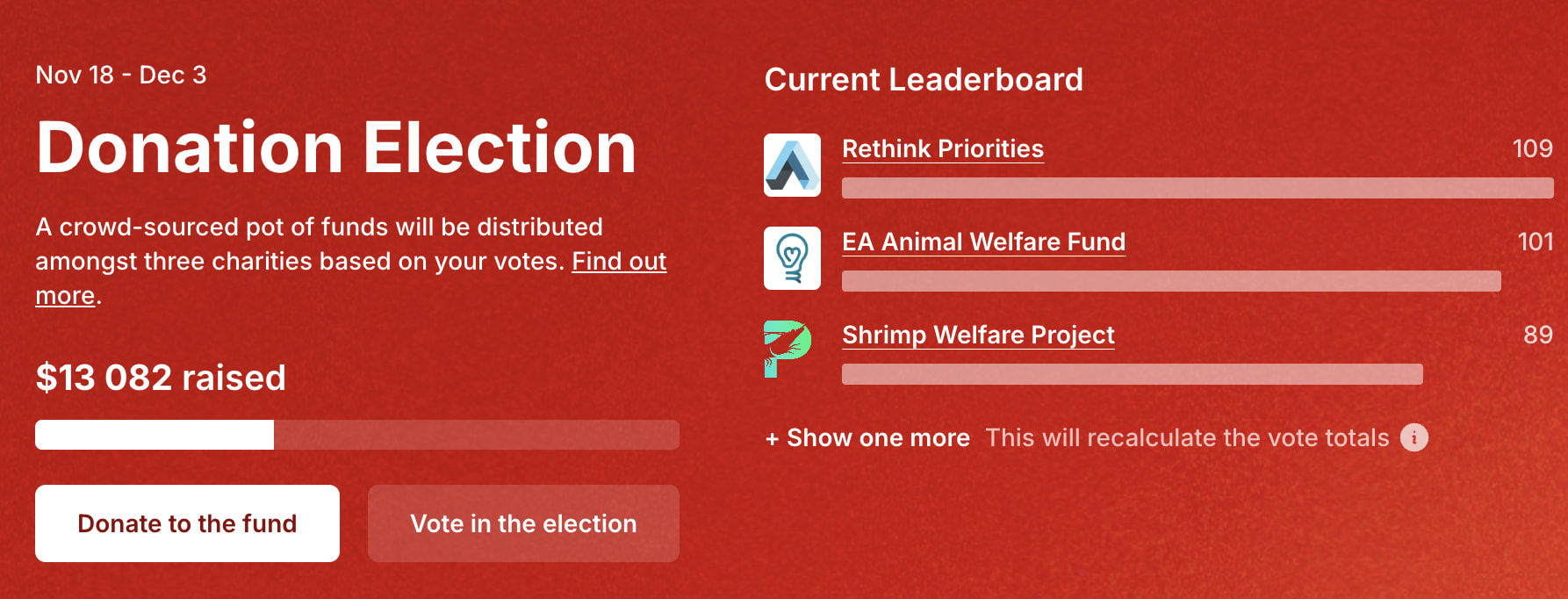TL;DR Having a good research track record is some evidence of good big-picture takes, but it's weak evidence. Strategic thinking is hard, and requires different skills. But people often conflate these skills, leading to excessive deference to researchers in the field, without evidence that that person is good at strategic thinking specifically. I certainly try to have good strategic takes, but it's hard, and you shouldn't assume I succeed!
Introduction
I often find myself giving talks or Q&As about mechanistic interpretability research. But inevitably, I'll get questions about the big picture: "What's the theory of change for interpretability?", "Is this really going to help with alignment?", "Does any of this matter if we can’t ensure all labs take alignment seriously?". And I think people take my answers to these way too seriously.
These are great questions, and I'm happy to try answering them. But I've noticed a bit of a pathology: people seem to assume that because I'm (hopefully!) good at the research, I'm automatically well-qualified to answer these broader strategic questions. I think this is a mistake, a form of undue deference that is both incorrect and unhelpful. I certainly try to have good strategic takes, and I think this makes me better at my job, but this is far from sufficient. Being good at research and being good at high level strategic thinking are just fairly different skillsets!
But isn’t someone being good at research strong evidence they’re also good at strategic thinking? I personally think it’s moderate evidence, but far from sufficient. One key factor is that a very hard part of strategic thinking is the lack of feedback. Your reasoning about confusing long-term factors need to extrapolate from past trends and make analogies from things you do understand better, and it can be quite hard to tell if what you're saying is complete bullshit or not. In an empirical science like mechanistic interpretability, however, you can get a lot more fe







Please consider using
starscore (or approval) voting next year instead of RCVThe cognitive burden of any election with 39 candidates will always be significant. What about a system -- whether score-based on ranking-based -- in which each voter is only presented with 8-12 of the candidates?
While the nominal goal of the election is to identify three winners, I think the information-gathering objective is much more important here than in political elections. The broader ranking list, and more so than the ultimate outcome, is what matters for helping donors identify orgs they should research more, should re-consider, etc. I'd rather get a chance at the considered opinion of ~25% of the electorate vs. a possible but more cursory assessment by 100%.